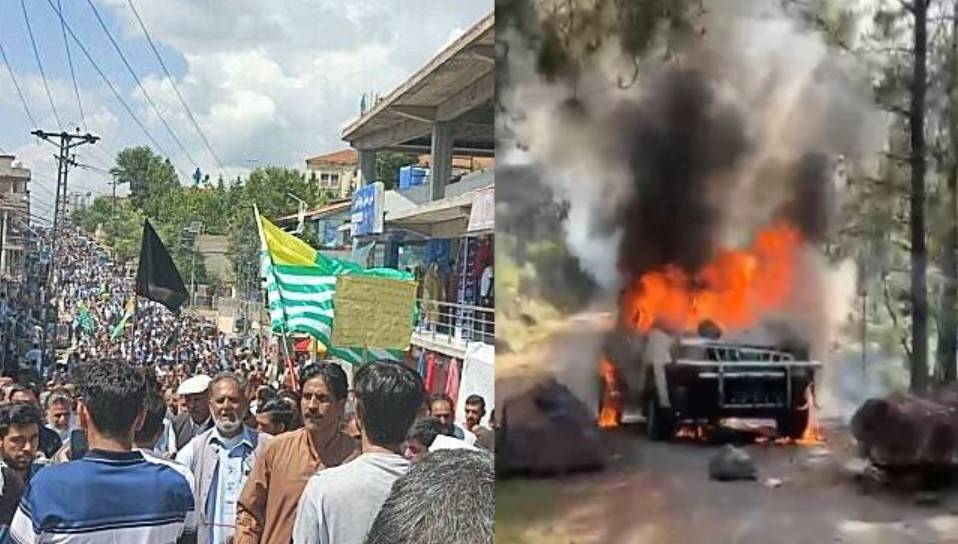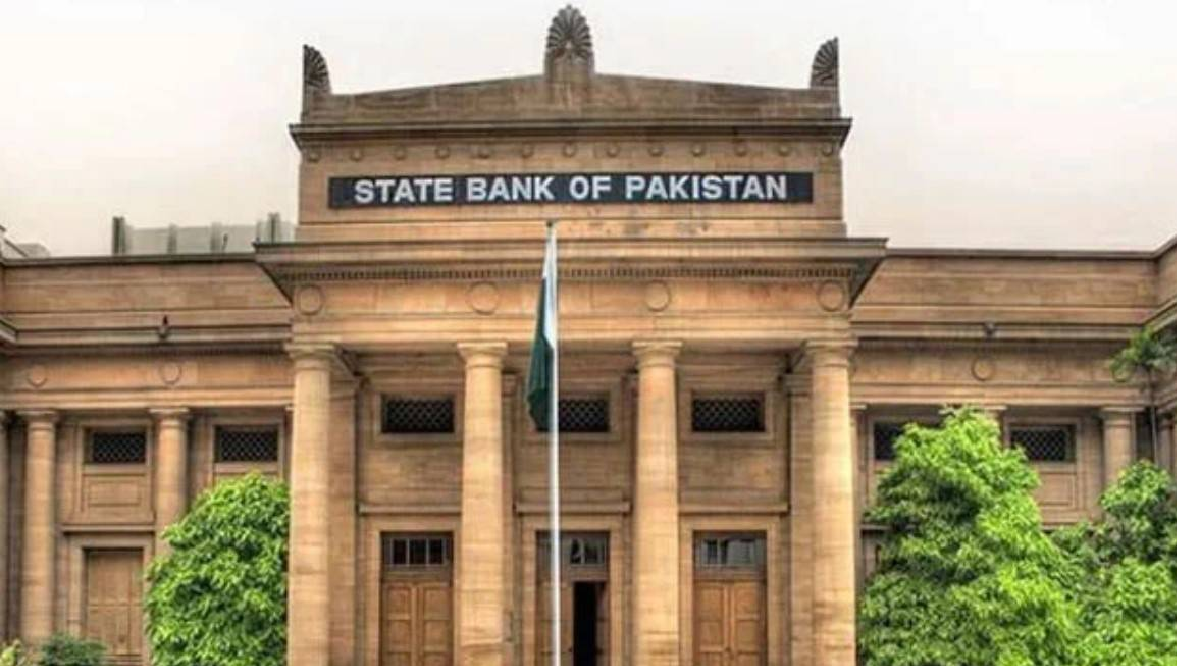Negotiations between the Joint Action Committee and the government of Pakistani Azad Kashmir have hit a snag, leading to a resurgence of the protest movement in Muzaffarabad.
The serene valley renowned for its scenic meadows has witnessed violent clashes over the past few days as activists and law enforcement officers confronted each other amidst a widespread strike across the region, resulting in the death of one police officer and injuries to over 90 others.
Despite efforts by the government to pacify the demonstrators, members of the joint action committee have declared that their talks were unproductive and vowed to continue their protests.
READ MORE: A Heartfelt Accord: Punjab Sets the Soulful Price of Roti at Rs15
The committee is demanding several concessions, including electricity tariffs pegged to the Mangla Hydropower Project’s production costs, a wheat subsidy akin to that of Gilgit Baltistan, and the cessation of undue privileges for the ruling elite and officials, among other demands.
Protesters have accused the government of insincerity and falsehoods regarding their grievances.
Following a deadlock in discussions with AJK Chief Secretary Dawood Bareach in Rawalakot, the movement has announced plans to march on the state capital.
Reports confirm that clashes between protesters and law enforcement resulted in the death of at least one policeman, numerous injuries, and the detainment of approximately 100 demonstrators.
On Sunday, internet and mobile services were suspended across all ten districts of Azad Jammu and Kashmir.
Prime Minister Shehbaz Sharif has convened an emergency meeting in Islamabad to address the AJK situation, with representatives from the state government and interior ministry expected to attend.
The prime minister expressed grave concern about the developments in AJK and stressed the necessity of peaceful protests and dialogue in a democratic society. He emphasized a zero-tolerance policy towards violence and damage to public property.
PM Sharif urged all parties involved to pursue a peaceful resolution to the issues and expressed optimism that a resolution would be achieved soon, despite attempts by detractors to disrupt the process.



